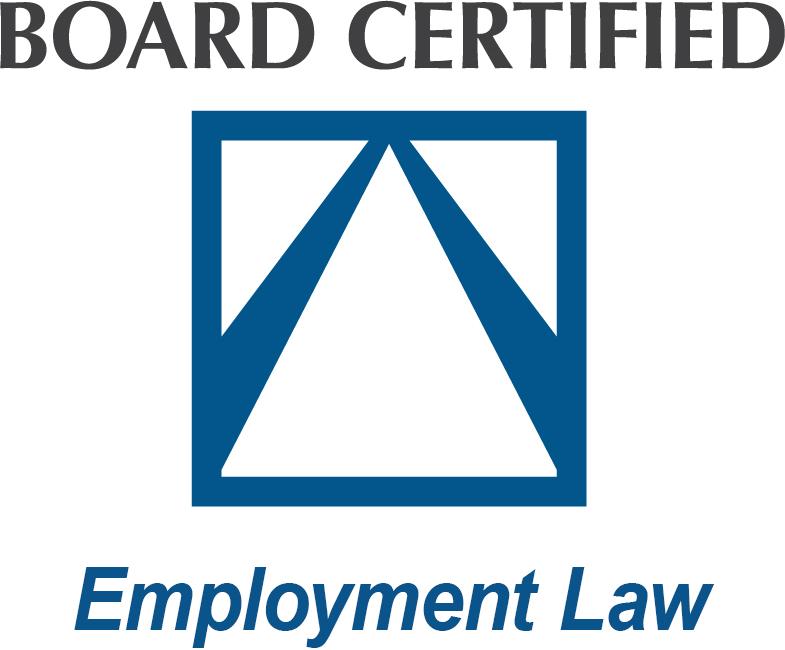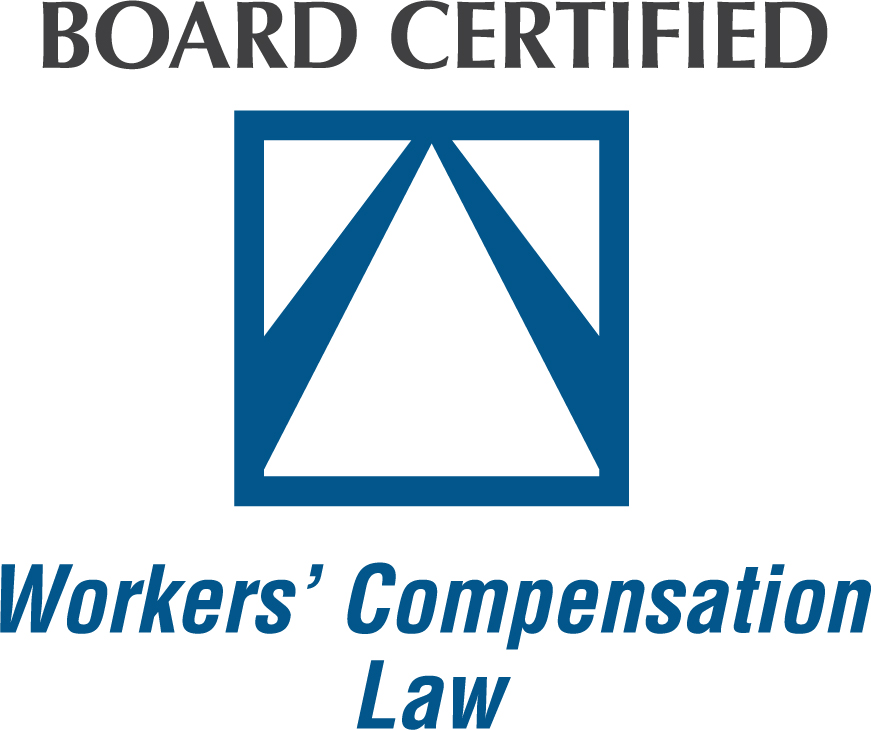
Being involved in a car wreck is stressful for anyone, but it can be even more complicated if the accident happens while you’re working. As a North Carolina worker, you may have multiple avenues for recovering compensation, including workers’ compensation and potentially filing a personal injury claim against a third-party driver who caused the accident. Here’s what you need to know about navigating these situations.
Understanding Workers’ Compensation Benefits
In North Carolina, workers’ compensation covers injuries that occur while performing work-related duties. If you were injured in a car accident while on the job—whether you were making deliveries, traveling between job sites, or running an errand for your employer—you may be eligible for workers’ compensation benefits.
Workers’ comp is a no-fault system, meaning it doesn’t matter who caused the accident.
Here’s what you should do to start the process:
1. Notify Your Employer Promptly
Inform your employer about the accident as soon as possible. In North Carolina, you’re required to provide written notice within 30 days of the injury.
2. File a Workers’ Compensation Claim
Your employer will guide you through filing a claim with their insurance carrier. Be sure to complete Form 18 (Notice of Accident to Employer) and submit it to the North Carolina Industrial Commission (NCIC).
3. Seek Medical Attention
Workers’ comp typically covers medical expenses, lost wages, and disability benefits. You’ll need to see an approved healthcare provider within the workers’ comp system unless it’s an emergency.
4. Follow Up on Your Benefits
You may be entitled to compensation for medical treatment, partial or total disability, and lost wages. Work closely with your employer’s insurer to ensure you receive the benefits you deserve.
Exploring Third-Party Personal Injury Claims
In addition to workers’ compensation, you may also have a claim against a third party who was responsible for the accident. This typically arises when another driver (not a coworker or employer) caused the accident.
Here’s why a personal injury claim is frequently worth pursuing in these situations:
- Greater Compensation Options
Workers’ comp benefits are limited, often covering only medical expenses and a portion of lost wages. A personal injury lawsuit can potentially compensate you for additional benefits, such as pain and suffering, full lost wages, and other damages.
- Filing a Third-Party Claim
To initiate a personal injury claim, you’ll need to prove the other party was at fault. Start by collecting evidence from the scene of the accident, including photographs, witness statements, and police reports. Consult with a personal injury attorney to build your case.
Important Considerations for Both Claims
1. Coordinate the Claims Carefully
Workers’ comp insurers may have a lien on any settlement you receive from a third-party claim. This means they may seek reimbursement for benefits they’ve already paid out. An experienced attorney can help you navigate this process to maximize your recovery.
2. Don’t Delay
North Carolina has strict deadlines. The statute of limitations for personal injury claims is generally three years from the date of the accident. Workers’ comp claims also have filing requirements, so act promptly.
3. Consult an Attorney
Navigating both workers’ compensation and a third-party claim simultaneously can be complex. A skilled attorney can help you protect your rights, ensure compliance with legal procedures, and pursue the maximum compensation.
Final Thoughts
A work-related car accident can disrupt your life, but understanding your options can help you recover physically, emotionally, and financially. Workers’ compensation provides a safety net, while a third-party claim can offer additional compensation if another party is at fault. Acting quickly and seeking professional guidance can make all the difference in your recovery journey.









